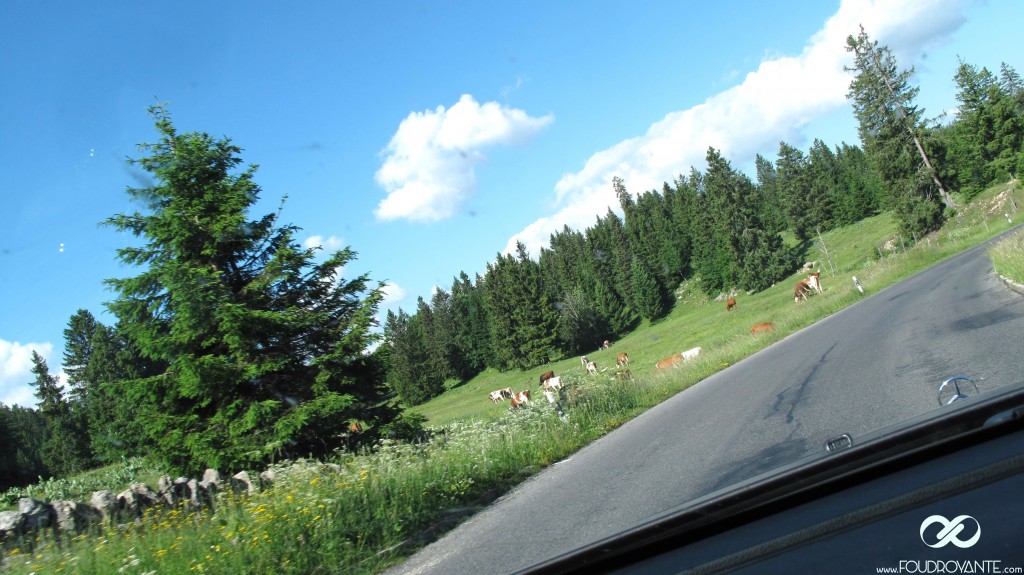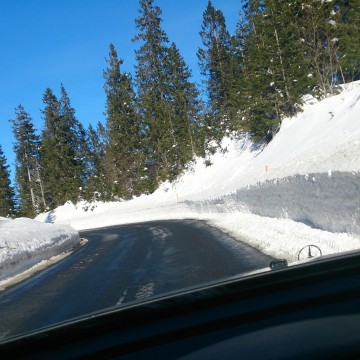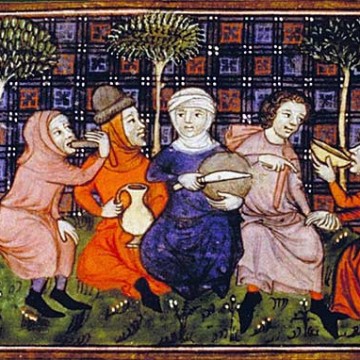The watchmaking farmer: survivor of the Middle adges 1-7
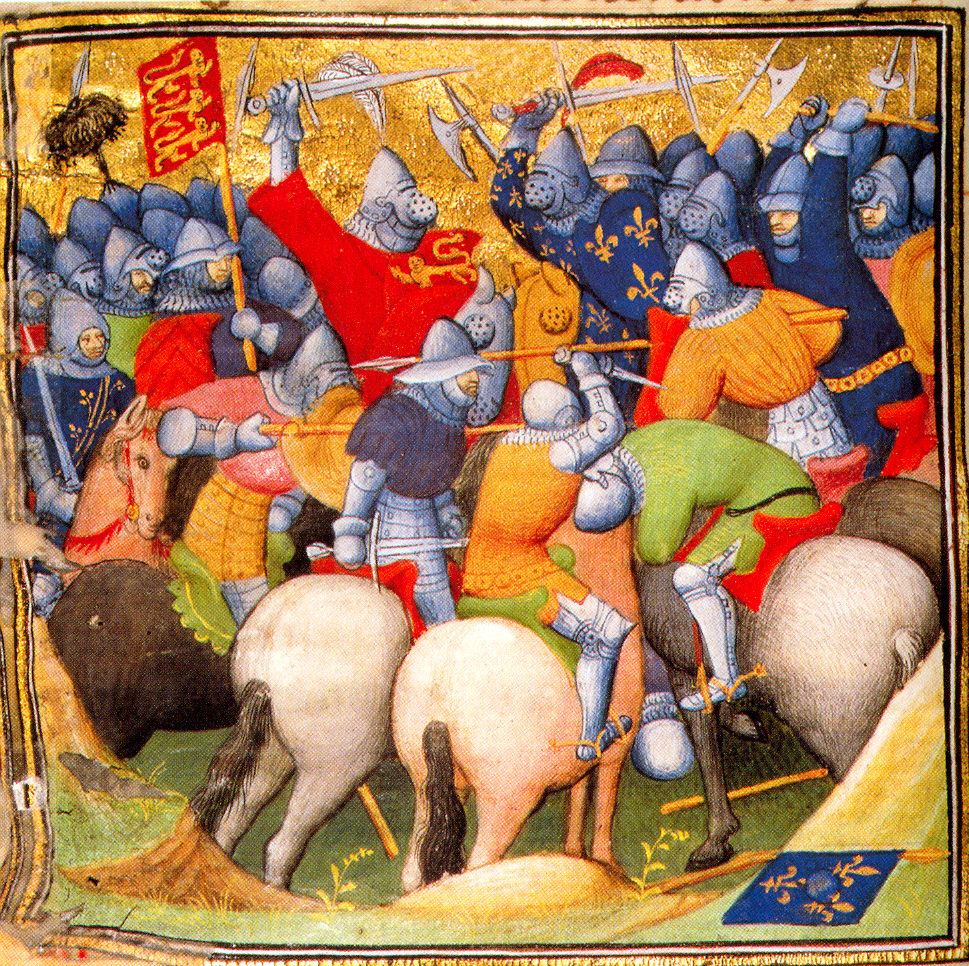
Hello everyone,
- In this serie of article, we will discover how the farmer became an horological farmer in the Jura’s mountains.
In Western Europe, Roman Empire and its conquest economy collapsed by the end of the 5th century, as it had reached its geographical and technological limits,
but it left behind an Europe more united than before, with a single language, Latin, and a single religion, Catholic Christianity.
Diptych of Stilicho – Barbarian integrated with the ancient Roman Empire & Representation of Jesus Christ beardless – made in mosaic:


- The new European unity led to one of the greatest time of stability and immobilism in the continent’s history: Middle Ages.
From the 10th century, Europe’s economy was based on the clearance of vasts hardwood forests that covered the continent.
In these times of relative stability (at the time, the medieval conflicts were latent and mostly drew on mercenaries and noblemen, hence professionnal soldiers), European population increased sharply until the end of the 13th century. It is considered that clearing came to an end by 1280. Contemporary Europe was less wooded than it is today (the situation was quite similar in 1789, during the French Revolution).
Clearings in the Middle Ages:
The rural population growth reached its peak in the early 14th century. The traditional Celtic and Gallic knowledges had been forgotten and the yields were poor, oscillating between 5 and 10 quintals per hectare. As a comparison, nowadays the productivity is 80-100 quintals per hectare in intensive and 40-50 in organic.
Europe didn’t start its first agricultural revolution before the 17th-18th century, with new techniques of crop rotation along with fodder plants (clover, lucerne).
- In the 17th-18th centuries, doubling agricultural yields saved labour in the fields and fed several generations of scientists, such as Denis Papin, inventor of the steam engine,
but also a certain Christian Huygens, inventor of the watchmaking concepts of the modern era.
It was the beginning of the industrial revolution.
Let us return to the 14th century, the darkest period in middle ages history, which unfortunetely leaves us with a skewed vision of that period, yet relatively prosperous and peaceful.
hristian Huygens & Denis Papin:


As mentioned above, poor crop yields were hardly sufficient to feed the increasing population (the then population of the Kingdom of France was 17 million, which is huge according to the standards of the time). Furthermore, at the beginning of the 14th century, Europe went through a series of drought years, followed by a series of years of torrential rain: starvation set in all over the continent.
- Malnutrition was a fertile compost for diseases, especially for the terrible black plague, brough back from orient by rats in the holds of transalpine seafarer’s vessels.
Black Plague:

The tensions related to the resources led to a war series, in particular the one hundred years war between the French and British crowns. To finance wars, secure the territory and face the fall in yields, taxes rose disproportionately, leading to jacqueries, both predictable and violent…
Thus, the 14th century ended in a partcularly dark context.
100 years war, battle of Crecy:
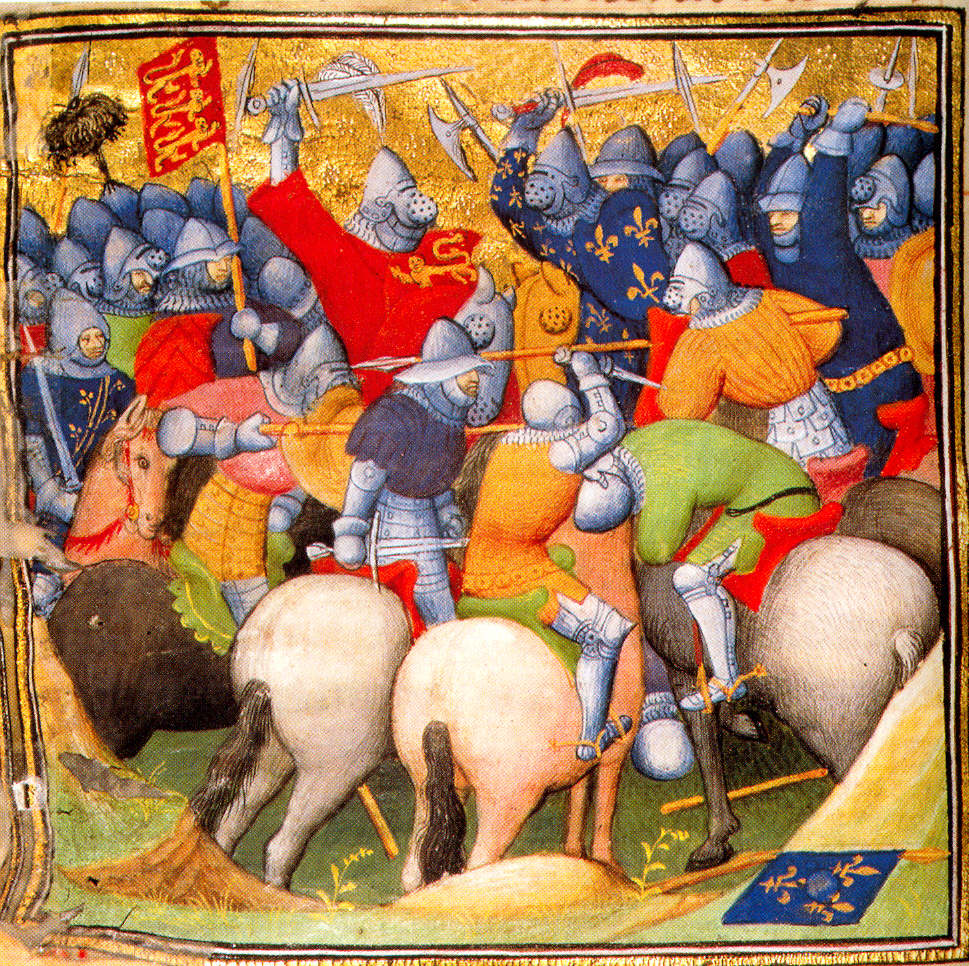
Imier De Ramstein, Prince-Bishop of Basel, was elected in 1382. His bishopric included the Canton of current Jura. At that time, his debt remained profound. Imier adopted several methods in order to boost the local economy and in 1384, he published a very innovative edict : a tax exemption for those who settle 1000 meters above sea level. Here’s an excerpt from this edict:
« Nous Imer de Ramstein par la grace de Dieu et du Saint Siège apostolique Evêque de Bâle (…) de notre Eglise de Bâle pour nous et nos successeurs (…) nous avons fait exempts et libres et par les présentes lettres, faisons libre et exempt de toute tailles et exactions ou impositions tous et singuliers les personnes des deux sexes et leurs héritiers perpétuellement demeurant et habitans par la suite dans la Montagne du faucon et dans les districts retenus dans l’étenduë et limites souscrittes et ici insérés, savoir depuis l’Epine du Montfaucon jusqu’aux limites dittes es dilles de longueur et largeur et depuis les champs de Trameland jusqu’a la rivière ou cours de l’eau du Doub, voulons et promettons par les présentes lettres que toutes et chaque personnes des deux sexes venantes et se transportantes dez les seigneuries et domaines étrangers, pour demeurer et résider dans ledit lieu, dans les limite et étendues préscrittes, qu’eux et leurs heritiers soient et devronts être perpétuellement libres et allibérés de taille et impots comme il est exprimé cidessus.
(…)
Donné et fut fait a Bâle l’an de notre Seigneur, mil trois cens quatre vingt quatre le dix septième novembre, qui était le jour de l’octave de la Fête du Bienheureux Martin Evêque. »
At the end of the 14th century, many farmers, weakened by a hundred years of shortages, diseases and violence, set out to conquer an environment famous to be inhospitable, even hostile.
- In our next articles, we’ll see how those farmers became precision mechanics and watchmakers.
Until the next time, my friends!
Pifpaf.
Ballade in the contemporary Jura:
